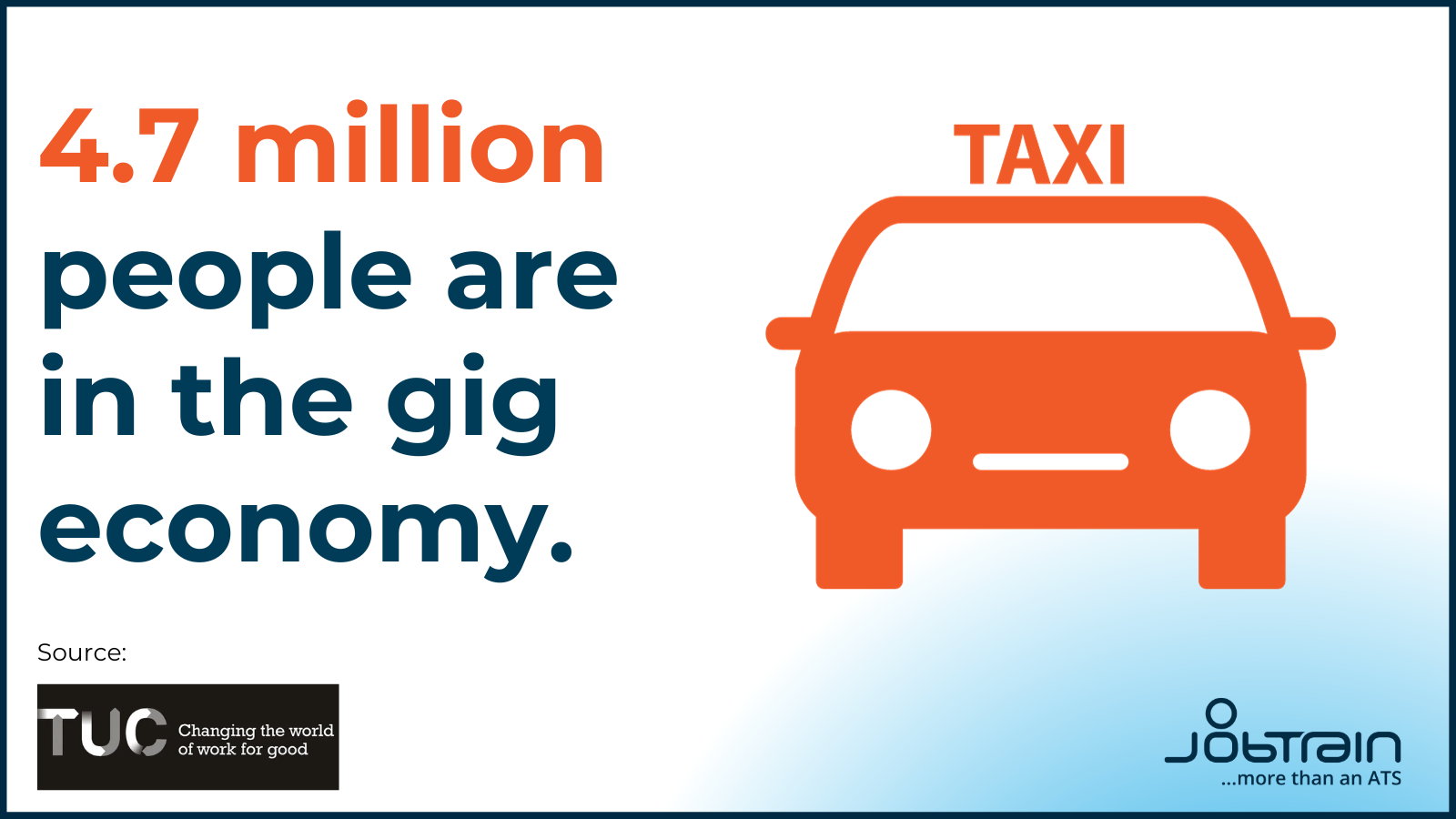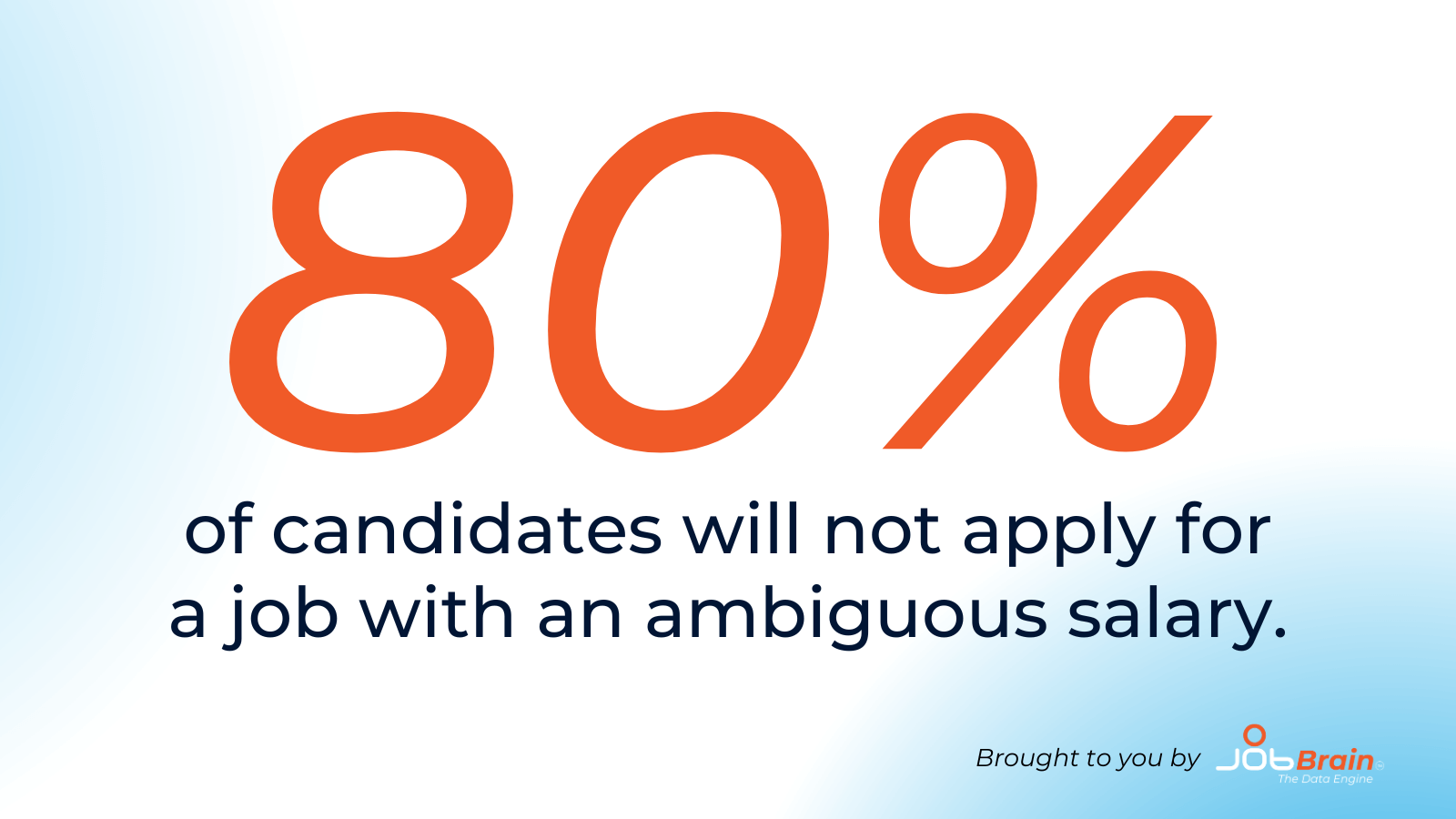The UK's recent increase in the minimum wage marks a significant legislative change aimed at alleviating the pressures of the cost of living for lower-income workers.
Understanding UK legislation on minimum wage
This wage adjustment follows recommendations from the Low Pay Commission and is celebrated as the largest-ever cash increase since the introduction of the NLW (National Living Wage). The extension of the NLW to include younger individuals aged 21 and 22 broadens its impact, affecting approximately two million additional individuals.
Effective from April 2024, the National Living Wage (NLW) for individuals aged 21 and over has risen from £10.42 to £11.44 per hour, a 9.8% increase. Additionally, younger workers aged 18-20 now receive a new rate of £8.60 per hour, up by 14.8%.
Too little too late
While the rise in the minimum wage has been welcomed by many, there are voices that argue the increase is too little, too late. Despite the significant percentage increase, the actual purchasing power of these wages remains constrained by inflation and the escalating cost of living in the UK. The increase, although historically large, has not kept pace with the rate at which living costs have risen.
According to The Living Wage Foundation, the new national living wage leaves workers £1,092 short of a real living wage per year – that’s the amount the charity estimates people need to afford the cost of living. This difference could pay for 18 weeks of food for an average household.
.png?width=800&height=534&name=Whos%20afraid%20of%20Generation%20Z%20-%20charity%20work%20(1).png) Impact on employers and the recruitment sector
Impact on employers and the recruitment sector
For employers, particularly in sectors like retail and hospitality which are traditionally reliant on minimum-wage roles, the increase represents both a challenge and an opportunity. It may lead to higher payroll costs but can also reduce staff turnover and improve the attractiveness of positions, potentially attracting a more motivated workforce.
In the recruitment landscape, particularly within our applicant tracking system, it's crucial for employers to reassess their compensation strategies to ensure they are competitive and compliant with the new wage structure.
Most importantly, if you're a recruiter reading this, be transparent about pay rates in job adverts! It promotes a transparent and trustworthy image of the company, attracting quality candidates more effectively. Our Talent Intelligence Unit found that 80% of candidates would ignore a job advert that doesn't display pay.
 How wage increases reinforce a candidate-driven market
How wage increases reinforce a candidate-driven market
The wage increase also underscores a shift towards a candidate-driven job market, where candidates have more leverage due to the high demand for their skills amid a talent shortage. Employers need to make their roles attractive to lure quality candidates. Offering wages above the minimum can help attract a broader pool of applicants and retain current employees who might look elsewhere for better pay.
We talked about this market in our latest Candidate Insights Report!
In sectors experiencing skill shortages and high turnover rates, like hospitality, retail and healthcare, the wage increase aims to make roles more appealing and sustainable, helping employers stabilise their workforce.

How to make the increase work for you
To thrive in a candidate-driven market, employers must enhance their value proposition. This involves adjusting wage information and highlighting attributes like career development opportunities, workplace culture and additional benefits, which are crucial in attracting talent in a competitive market.
A strong employer brand that communicates stability, growth and employee satisfaction can significantly attract high-calibre candidates. This strategic element in talent management and market positioning is crucial for companies to adapt and respond with attractive, competitive offers that extend beyond salary.
-1.gif?width=1600&height=900&name=JobBrain%20Stats%20(5)-1.gif) The increase in the UK's minimum wage is more than a compliance issue; it's a strategic component crucial for addressing wage inequality and enhancing recruitment practices. By promoting fair pay and clear communication in job adverts, companies can improve their attractiveness to potential employees, contributing to a more robust and committed workforce.
The increase in the UK's minimum wage is more than a compliance issue; it's a strategic component crucial for addressing wage inequality and enhancing recruitment practices. By promoting fair pay and clear communication in job adverts, companies can improve their attractiveness to potential employees, contributing to a more robust and committed workforce.
This proactive approach in recruitment can turn the challenge of a wage increase into a strategic advantage, reinforcing the shift towards a more balanced and equitable labour market.